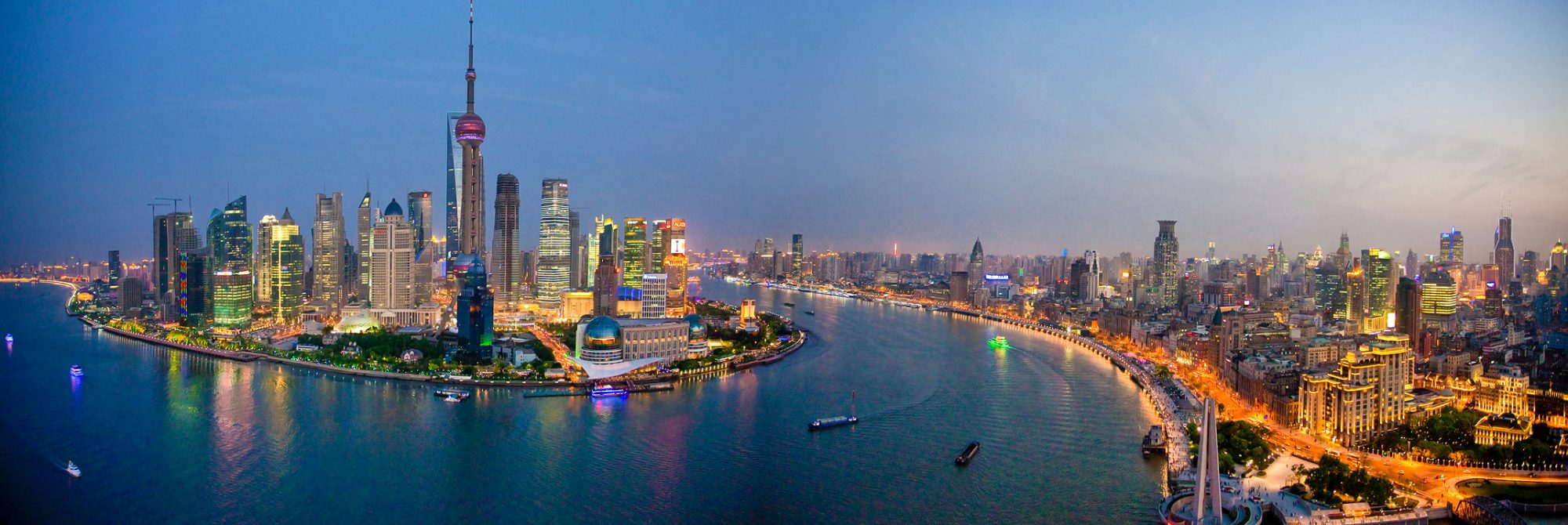France 24
A day after the UN imposed strict new sanctions on North Korea, China’s foreign minister called Sunday for the resumption of six-party talks to halt Pyongyang’s nuclear programme and warned that the crisis was entering a “critical” new phase.
In a 15-0 vote on Saturday, the UN Security Council imposed tough new sanctions on North Korea that could slash its exports by as much as $1 billion a year – a third of its export revenue – in response to two intercontinental ballistic missile (ICBM) tests Pyongyang carried out last month. The July tests heightened fears that North Korean missiles were now capable of hitting the continental United States.
“After the UN resolution is passed, the situation on the peninsula will enter a very critical phase,” said Chinese Foreign Minister Wang Yi, quoted by China’s CGTN state broadcaster. “We urge all parties to judge and act with responsibility in order to prevent the tensions from escalating.”
The UN resolution imposes a total ban on exports of coal, iron, lead, iron and lead ore as well as seafood. It also prohibits new investment in, or the establishment of, joint ventures with North Korean companies. Nine North Korean officials and four entities were added to the UN’s blacklist while foreign permits for North Korean workers have been suspended.
Wang warned Pyongyang that it should make “smart” decisions going forward, while counselling Washington and Seoul not to respond with “provocative” actions.
Speaking to reporters after talks with North Korean Foreign Minister Ri Hong-Yo on the sidelines of an ASEAN summit in Manila, Wang said he had urged his counterpart to stop testing “the international community’s goodwill” with its ICBM launches and nuclear tests.
